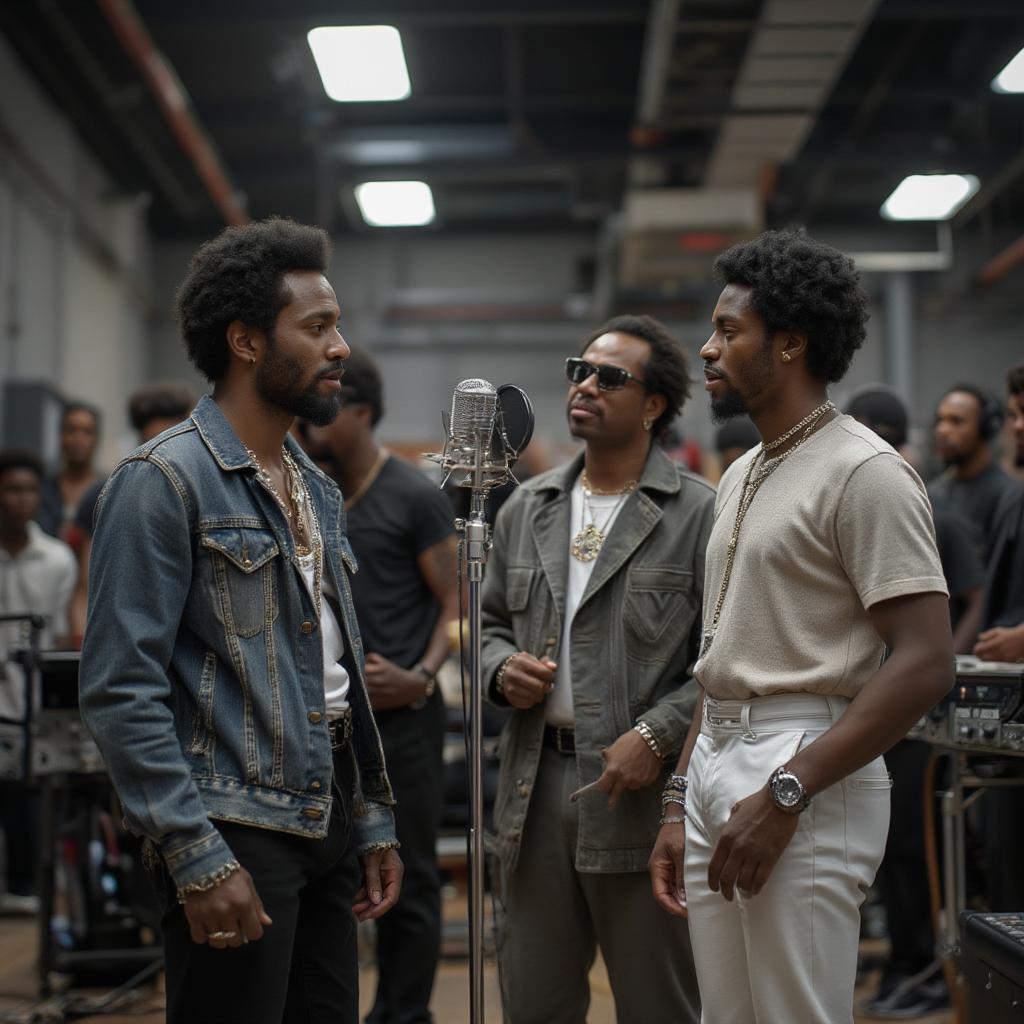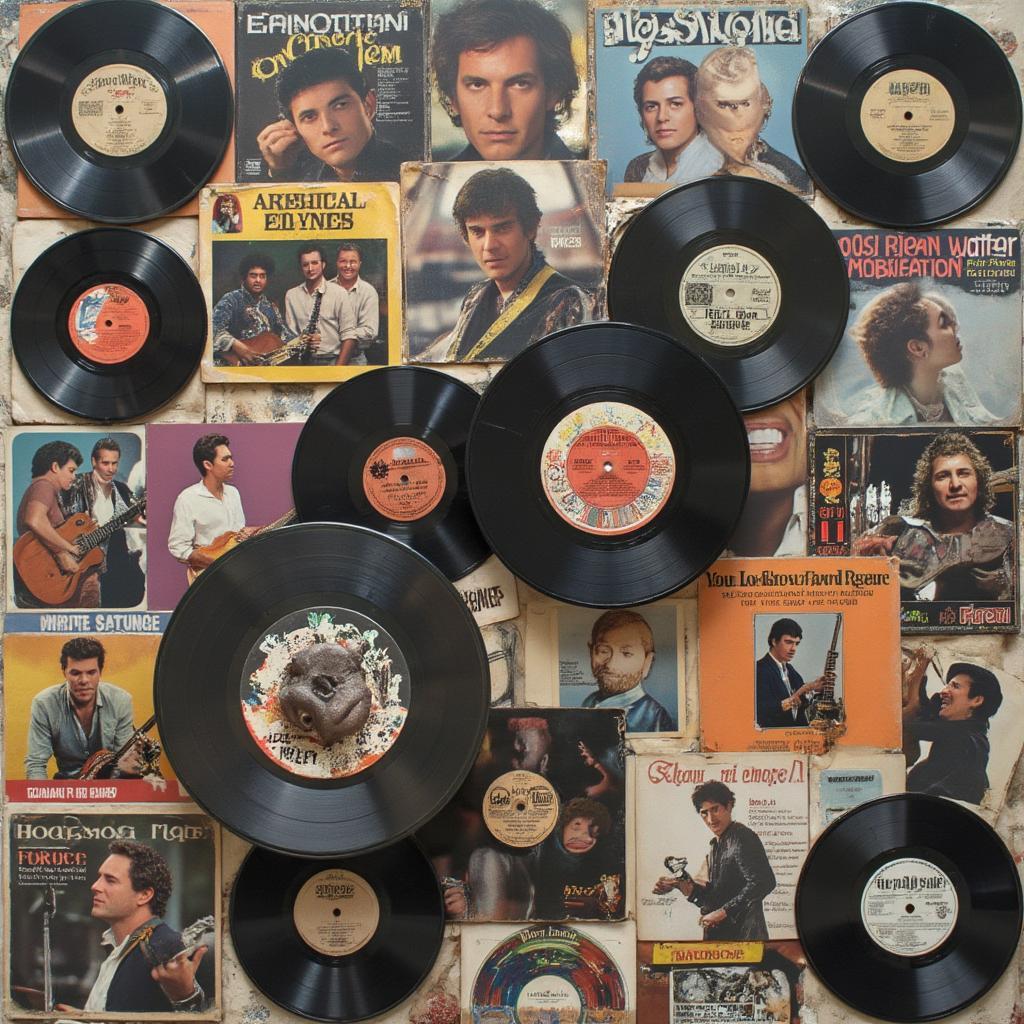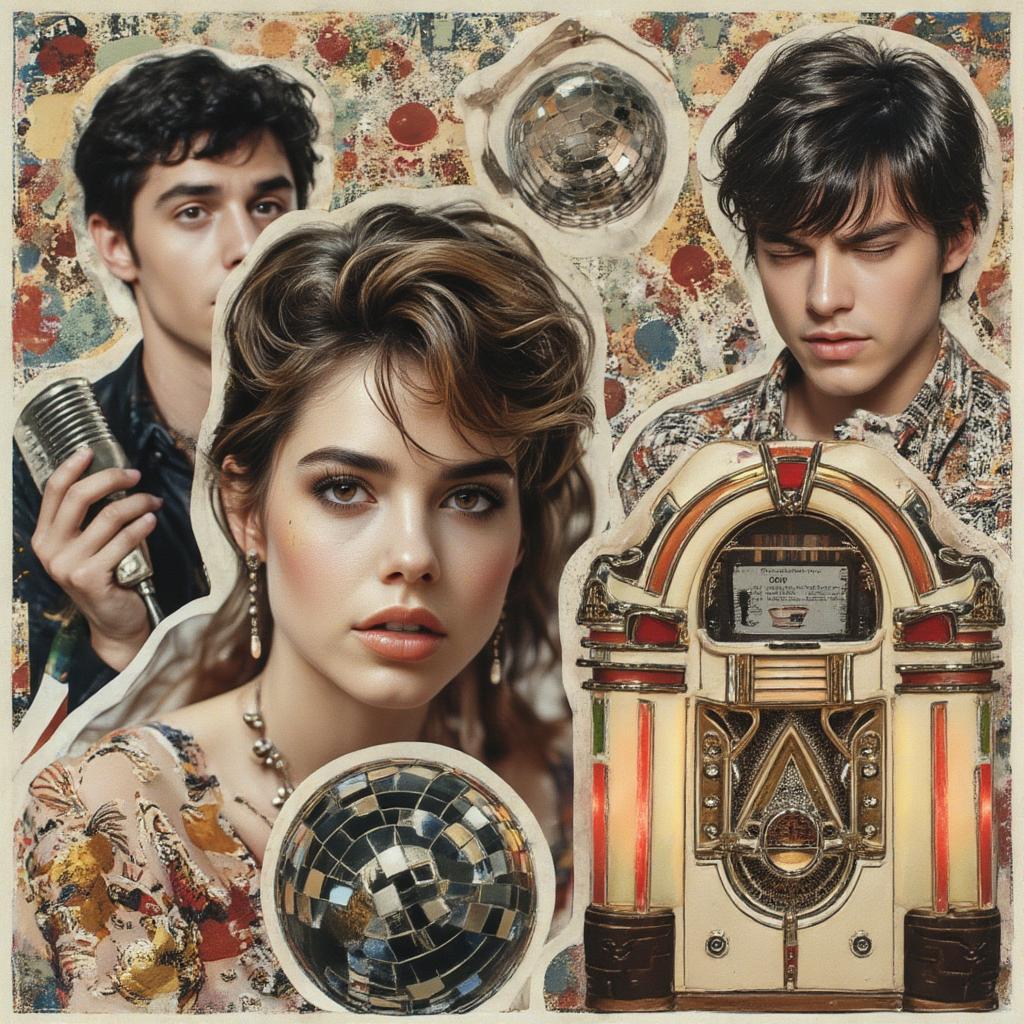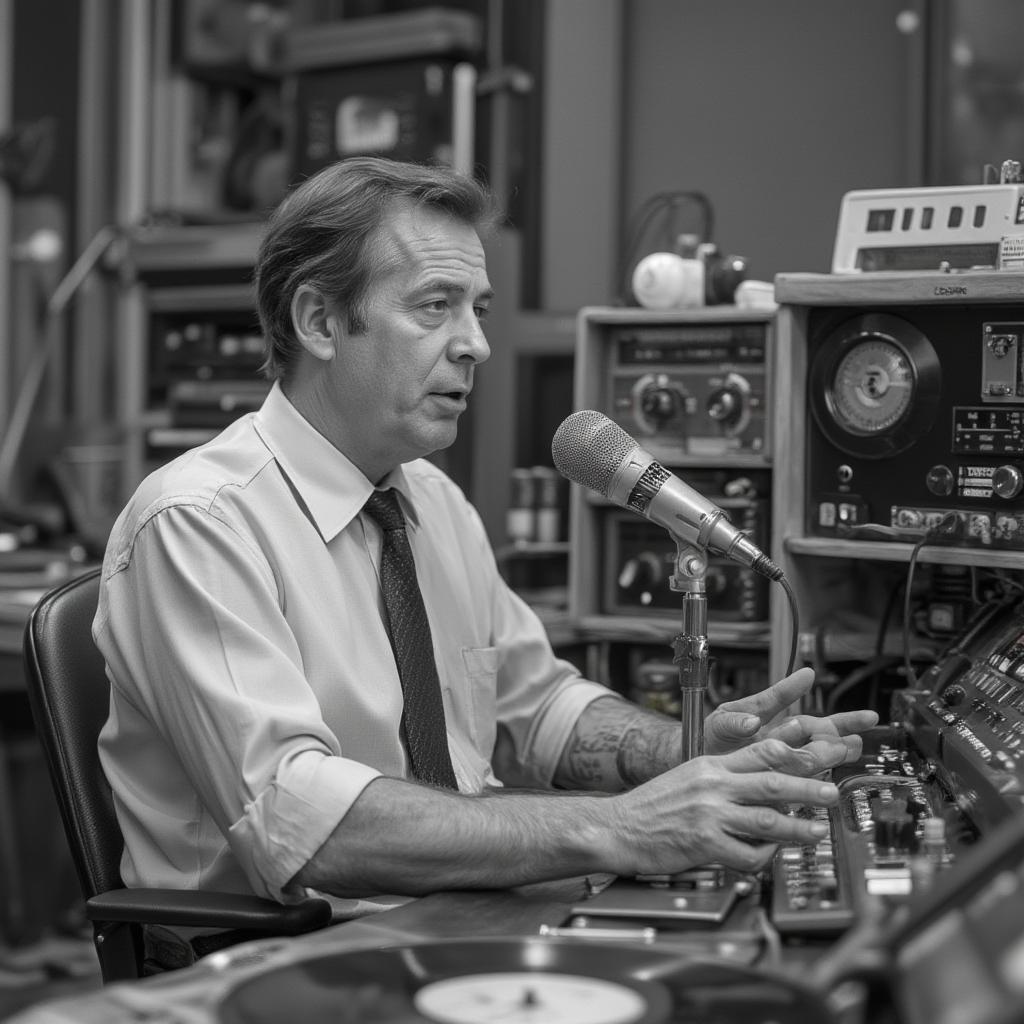60’s 70’s Oldies But Goodies: A Timeless Soundtrack

The 60’s and 70’s oldies but goodies era represents a golden age in music history, filled with iconic artists, groundbreaking sounds, and songs that continue to resonate with audiences today. From the soulful Motown beats to the psychedelic rock anthems, this period produced a diverse range of musical styles that shaped the landscape of popular music. This article delves into the heart of 60’s and 70’s music, exploring its cultural impact, influential artists, and enduring legacy.
The Cultural Revolution of 60’s and 70’s Music
The 1960s and 70s were decades of significant social and political change, and music became a powerful voice for these transformative times. 60’s 70’s oldies but goodies weren’t just songs; they were anthems of a generation grappling with issues like civil rights, the Vietnam War, and changing social norms. Folk music, with artists like Bob Dylan and Joan Baez, provided a platform for protest and social commentary. Rock and roll evolved into harder-edged genres, reflecting the rebellious spirit of the era.
The British Invasion and the Rise of Rock
The British Invasion, spearheaded by bands like The Beatles and The Rolling Stones, brought a fresh wave of energy to the music scene. Their innovative sounds and rebellious attitudes captivated audiences worldwide, influencing countless musicians and shaping the future of rock music. The 70s saw the rise of stadium rock, with bands like Led Zeppelin and Pink Floyd pushing the boundaries of live performance and creating epic musical experiences. Disco music emerged as a dominant force, providing a soundtrack for a generation seeking escapism and celebration on the dance floor.

Iconic Artists of the 60’s and 70’s Oldies But Goodies Era
The 60’s and 70’s music scene was a breeding ground for legendary artists who left an indelible mark on music history. From the soulful vocals of Aretha Franklin to the electrifying guitar riffs of Jimi Hendrix, these artists pushed creative boundaries and produced timeless classics. The Motown sound, with artists like The Supremes and The Temptations, brought a sophisticated blend of soul and pop to the mainstream. Singer-songwriters like Carole King and James Taylor crafted intimate and introspective songs that resonated with a generation seeking authenticity and personal connection.
The Enduring Appeal of Oldies Music
“The music of the 60s and 70s wasn’t just about the notes; it was about the feeling, the energy, the spirit of the times,” says renowned music historian Dr. Anthony Costello, author of “The Sound of Rebellion: Music and Social Change in the 60s and 70s.” “These songs captured a moment in history, and they continue to resonate with us because they tap into universal human emotions.”

Why We Still Love 60’s 70’s Oldies But Goodies
The enduring appeal of 60’s 70’s oldies but goodies lies in their timeless melodies, relatable lyrics, and the nostalgic memories they evoke. These songs transport us back to a specific time and place, reminding us of our youth, first loves, and life-defining moments. The music of this era continues to be celebrated through radio stations, streaming services, and tribute bands, ensuring that these classic tunes remain relevant for generations to come. “Oldies music offers a comforting familiarity,” adds Dr. Costello. “It’s a sonic time capsule that allows us to revisit a simpler time and reconnect with our past.”
The Impact on Music Today
The influence of 60’s and 70’s music can be heard in countless contemporary artists. From sampling classic riffs to incorporating vintage instrumentation, musicians continue to draw inspiration from this rich musical heritage. The innovative recording techniques and musical experimentation of this era paved the way for many of the sounds and styles we hear in music today. “The legacy of 60s and 70s music is undeniable,” notes Grammy-winning producer, Sarah Jenkins. “It laid the foundation for modern music, and its influence can be heard in everything from pop and rock to hip-hop and electronic music.”

Conclusion
60’s 70’s oldies but goodies represent a remarkable chapter in music history, a period of unparalleled creativity, innovation, and cultural significance. These timeless classics continue to inspire and entertain audiences across generations, reminding us of the power of music to connect us to the past, to each other, and to ourselves. Explore the vast catalog of 60’s and 70’s music and rediscover the magic of these oldies but goodies. Dive into the rich history and immerse yourself in the sounds that defined a generation.
FAQ: Your Burning Questions About 60’s and 70’s Music
- What is considered “oldies” music? Generally, music from the 1950s to the early 1980s is classified as “oldies.”
- What are some of the most popular 60’s and 70’s music genres? Popular genres include rock and roll, Motown, soul, folk, disco, and psychedelic rock.
- Where can I listen to 60’s 70’s oldies but goodies? You can find oldies music on various platforms like Spotify, Apple Music, YouTube Music, and traditional radio stations.
- Who are some of the most iconic artists of the era? The Beatles, The Rolling Stones, Aretha Franklin, Led Zeppelin, Jimi Hendrix, and many more.
- What was the British Invasion? The arrival of British rock bands in the US, significantly impacting the American music scene.
- Why is this music still popular today? The timeless melodies, relatable lyrics, and nostalgic associations contribute to its enduring appeal.
- How did 60’s and 70’s music influence music today? It laid the groundwork for many modern genres and continues to inspire contemporary artists.
- What is Motown? A record label and musical style known for its soulful vocals, polished production, and catchy melodies.
- Where can I learn more about 60’s and 70’s music history? Numerous books, documentaries, and online resources are available.




